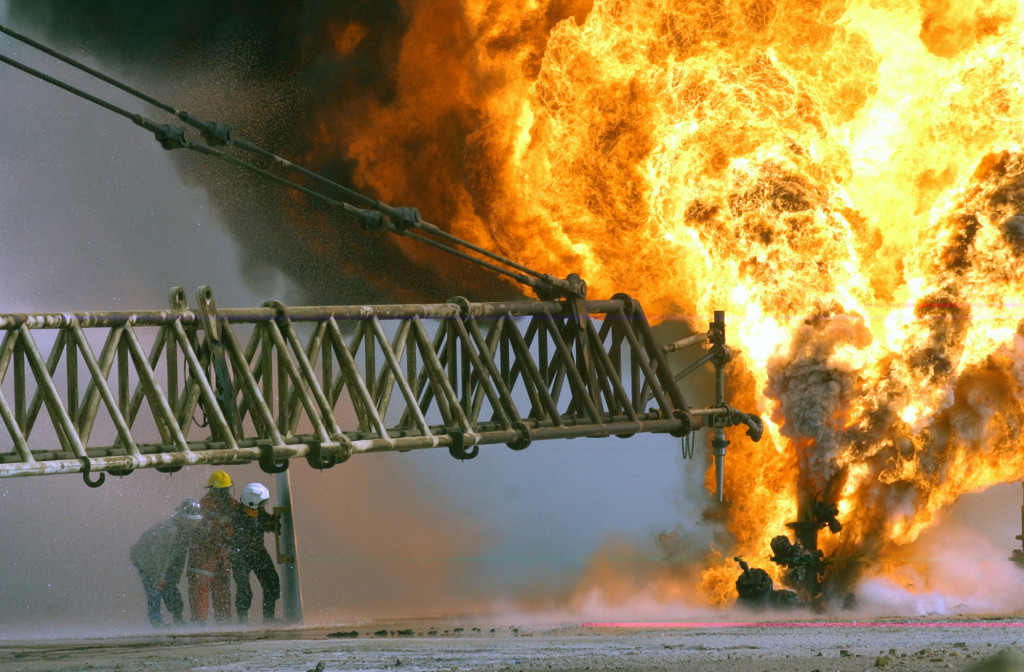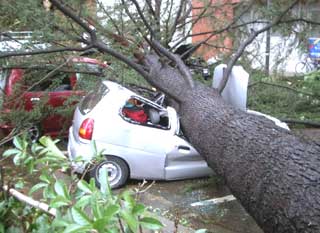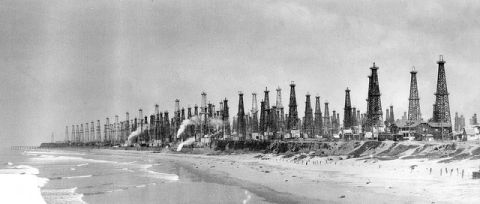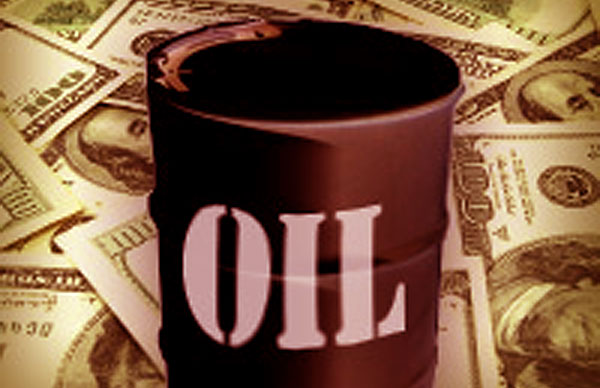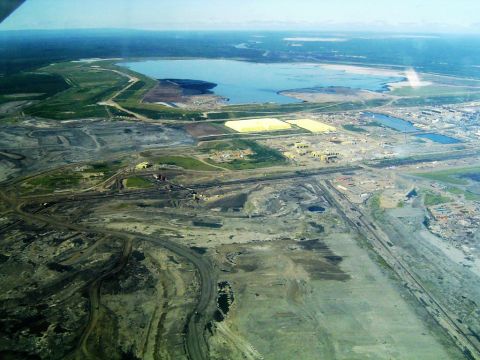Podcast: Play in new window | Download
Subscribe: RSS
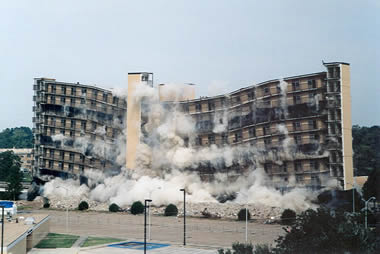
You have this perfectly good structure, and then you kick out a few of the supporting pillars, and the next thing you know the SEC is on the phone.
With oil prices at about half what they were six months ago, the most vulnerable players in the oil business, the frackers who brought about the new American Oil Revolution, are imploding. If you think that’s just their end of the boat sinking, no worries here, think again. They are, or were, the last best hope of continuing the oil bonanza, and they’re done. As soon as that fact is so obvious that even Faux News has to admit it (this may take a few months), it will dawn on us all that the very same thing is happening to the deep water drillers, the Arctic drillers and the tar sands wringers.
It would have happened at any oil price. The slump has merely brought it on sooner, and will force us to face — this year! — the reality that we will never again have quite enough cheap oil. That’s the meaning of the Crash of 2015. Now, about the schedule: Here’s what’s happened, what’s happening and what’s about to happen. Continue reading
